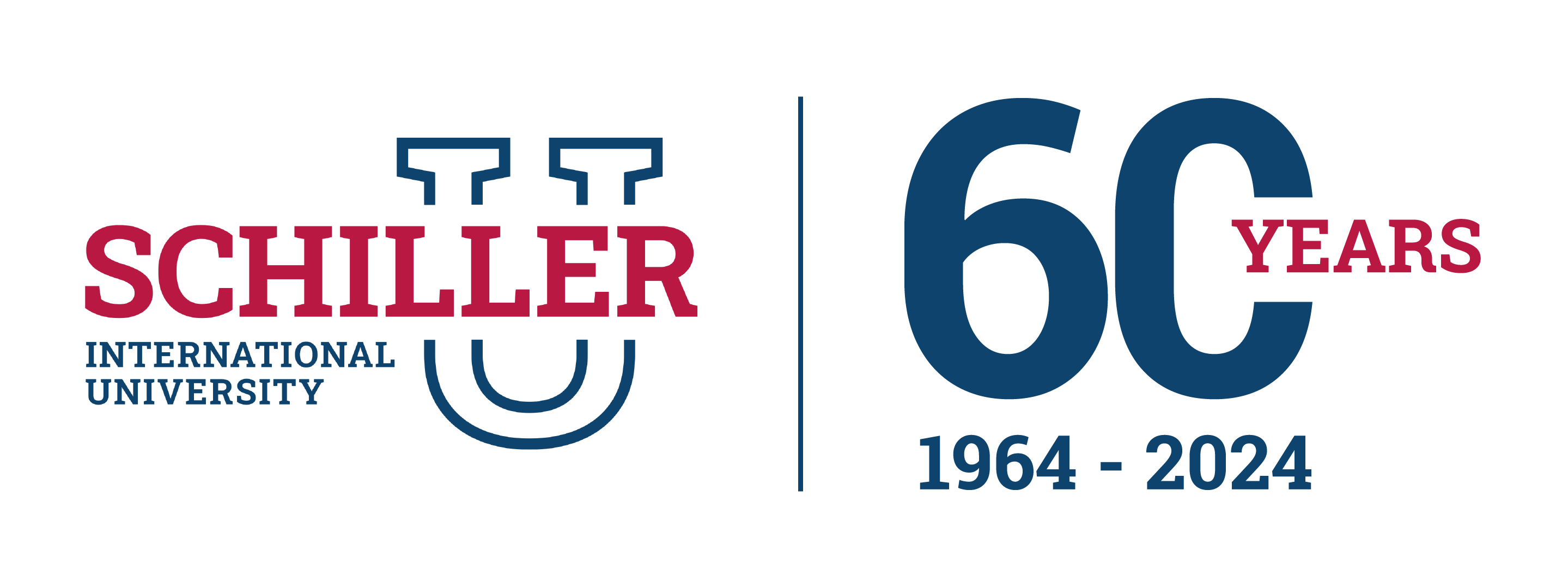Having negotiation skills is essential to perform in any field, both professional and personal. You don't need to be a business guru or have your own company to master these tools, because knowing how to manage conflicts and being able to make the right decisions even at critical moments will multiply your potential as a professional.
But, let's start from the beginning, do you really know what negotiation skills are? You have probably heard it so many times and in so many concepts that its meaning has become a bit distorted. Well, they are a series of skills and strategies that will allow you, in addition to achieving everything you set out to achieve, but mainly to close deals that benefit both you and the other parties. It doesn't matter if it is a company, an organization, a friend, yourself?

Because negotiation skills are not only useful in business, but will help you to succeed in countless situations, from contract negotiations to requests for salary increases. Therefore, people who possess these skills have an advantage over the rest, as they are able to close more advantageous deals, establish stronger relationships and get the best conditions.
And that's not all, because having negotiation skills can also be very valuable in everyday situations, such as negotiating the price of a product, the hours of your working day or even convincing a friend to go with you on that plan you're looking forward to.
So, if you are looking to improve your empathy, assertiveness, argumentative skills, patience or self-confidence, among many other qualities that negotiation skills provide, and feel able to get everything you want in life, here are some tips, obtained from Forbes magazine, very useful for you to take your decisions to the next level.
Tips to master your negotiation skills
Prepare your arguments in advance
One of the keys to success in any type of negotiation is to be well prepared. Before you begin any settlement talks, make sure you have a thorough understanding of the facts and details of the issue at hand. Research the other party and know what their interests and objectives are. If you study, research and prepare yourself, you will have a global vision and will be able to understand what are the key points to reach a mutual agreement.
Listen carefully
During any type of negotiation, it is important that you listen carefully to the other party. Try to understand their concerns and needs. Also, don't be left with any doubts and ask questions. With this active listening exercise, you will be able to establish a better relationship and show attention to mutual interests.
Be empathetic
Empathy is key in any type of negotiation. By showing empathy, you can better understand what the other party's interests, feelings and motivations are. This can help you build a relationship based on trust and find solutions that help you achieve your goal.
Communicate your arguments clearly
Speaking and conveying your ideas clearly is essential. Make sure you put into words all your ideas in a simple and concise way, using a language that you know the other party is able to understand... in other words: try to adapt to their tone. But do avoid using jargon or technical terminology that may be confusing. If you are unsure about something, ask as many questions as necessary to clarify any doubts.
Be flexible and give in when necessary
Negotiation is about finding a solution that is beneficial to both parties involved. This means that both will have to give in on certain points. Therefore, being flexible will help you make concessions that will allow you to reach an agreement that is beneficial to both you and the other party.
The theory, as you can see, is simple and can provide a solid foundation. However, practice, observation and reflection are critical to developing effective negotiation skills and most of these skills are acquired and developed through exposure to real life experiences and situations. In other words, they are learned through practice, and this is something that is not offered at all universities.
That's why all of our programs at Schiller International University, encourage experiential learning, where our students face the day-to-day life of real companies through challenges, extracurricular activities, internships, volunteer work and other types of work that allow them to interact with real-world professionals and companies. Understanding firsthand how to deal with important negotiations and decisions.
Becoming a well-rounded professional before you even finish college.

 Apply Now
Apply Now









